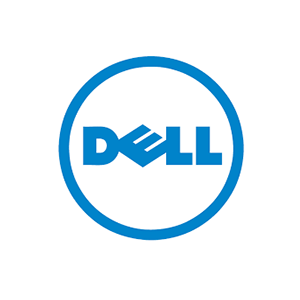 Dell, an American multinational computer technology company, adopted a 2020 Legacy of Good Plan in 2013 which includes 21 ambitious social and environmental goals. When developing the company’s CSR strategy, Dell realized they could achieve many business benefits by finding ways to recycle and up-cycle materials in the face of rising resource scarcity. Dell’s plan includes a number of long-range (seven year) closed-loop commitments:
Dell, an American multinational computer technology company, adopted a 2020 Legacy of Good Plan in 2013 which includes 21 ambitious social and environmental goals. When developing the company’s CSR strategy, Dell realized they could achieve many business benefits by finding ways to recycle and up-cycle materials in the face of rising resource scarcity. Dell’s plan includes a number of long-range (seven year) closed-loop commitments:
- Use 50 million pounds of recycled-content plastic and other sustainable materials in products
- Ensure 100% of Dell packaging is either recyclable or compostable
- Recover 2 billion pounds of used electronics
While Dell has used recycled-content plastics from water bottles and other plastic sources for some time in monitors and desktops, the company recently established a closed-loop system to use plastics derived from the computers they take back. With the launch of the OptiPlex 3030 All-in-One, Dell became the first in the industry to offer a computer made with third party-certified closed-loop recycled plastics.
The process begins with customers who recycle their old systems through Dell’s take-back efforts. In the pilot project, Dell separates out plastics collected through Dell Reconnect partners in seven U.S. states. (The company currently has 2,000 donation sites which will accept any brand of computer in any condition. Those not used in the closed-loop program are refurbished and resold by Goodwill).
The plastics are separated into types and shipped to manufacturing partners in China. Meanwhile, other materials from the computers are similarly recycled and separated, then sold on the commodities market for reuse by others. When the plastics arrive, they are shredded at the manufacturing facilities, melted and blended (currently 35% recycled-content), then molded into new parts.
It is the first product certified by UL Environment to their closed-loop standard, which verifies that at least 10% of the product is made of closed-loop plastics. The closed-loop plastics supply chain delivers an energy-efficient product made from recycled content that is nominally less expensive, with the potential to show greater cost savings as the program scales. Lifecycle analysis shows the process could potentially produce 62% fewer carbon emissions as the percentage blended increases. As this pilot project further expands it will help Dell capture other materials like metals for closed-loop recycling. Additionally, as recycling and take-back efforts increase, they plan to increase the number of products made using this process to accelerate their sustainable materials 2020 goal.
Dell has an Electronics Disposition Policy which commits them to favour reuse, refurbishing, repair and recycling. For example, rather than use glues and adhesives which create processing challenges for recyclers, they use other methods, such as snap-fits to accomplish the same design goal. The company’s Producer Responsibility Policy commits them to meet customer needs at product end of life as a part of the total value of the Dell customer relationship – providing direct to the consumer, free end-of-life management for any Dell product.

Closed-Loop
Implement closed-loop production and advance a closed-loop economy.
